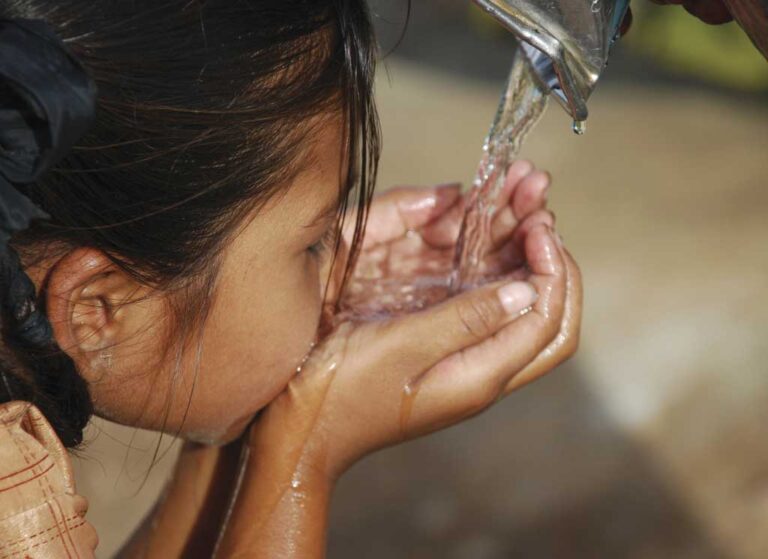This figure is expected to rise to more than 5 billion by 2050. Over 100 countries are not on track to have sustainably managed water resources by 2030.
And yet, for too long water has been a ‘blindspot’ in climate talks and does not receive the necessary urgent priority in sustainable development and disaster risk reduction efforts. Water management is a powerful solution for adapting to the impacts of climate change, achieving resilience, and reducing greenhouse gas emissions.
The impacts of climate change are often felt through water – more intense and frequent droughts, more extreme flooding, more erratic seasonal rainfall and accelerated melting of glaciers – with cascading effects on economies, ecosystems and all aspects of our daily lives.
“Nearly 75% of all disasters were water related in the past 20 years, with at least 1.6 billion people affected by floods and 1.4 billion by droughts) and economic damage of almost $700 billion,” said WMO Secretary-General Prof. Petteri Taalas.
“One important preparedness measure for combating the water-related disasters is to have effective and tailored multi-hazard early warning systems.
WMO is committed to support the implementation of the UN Early Warnings for All initiative, through observations, monitoring and forecasting of weather and water-related hazards like floods and droughts,” he said.
pll/ro/crc










